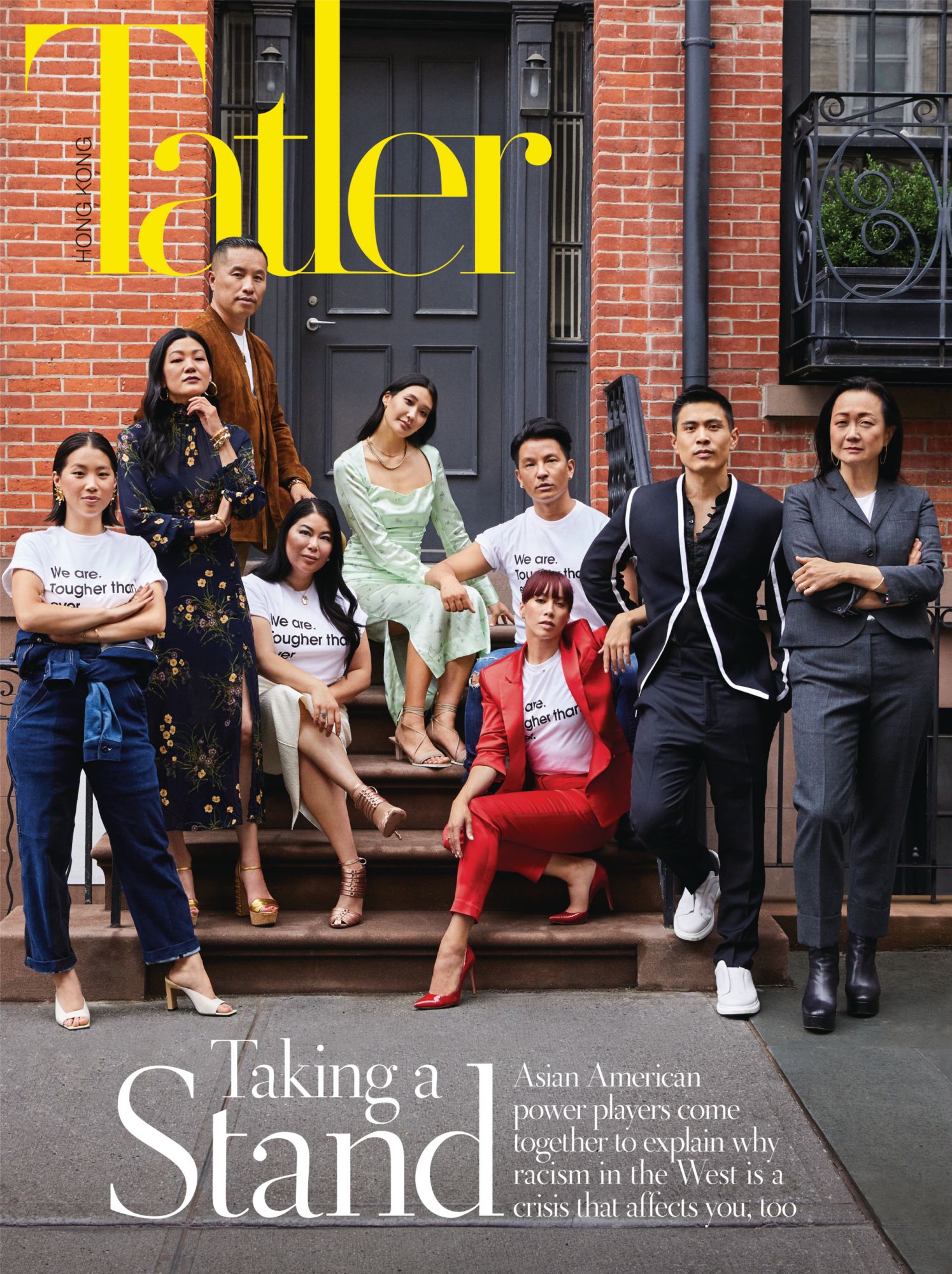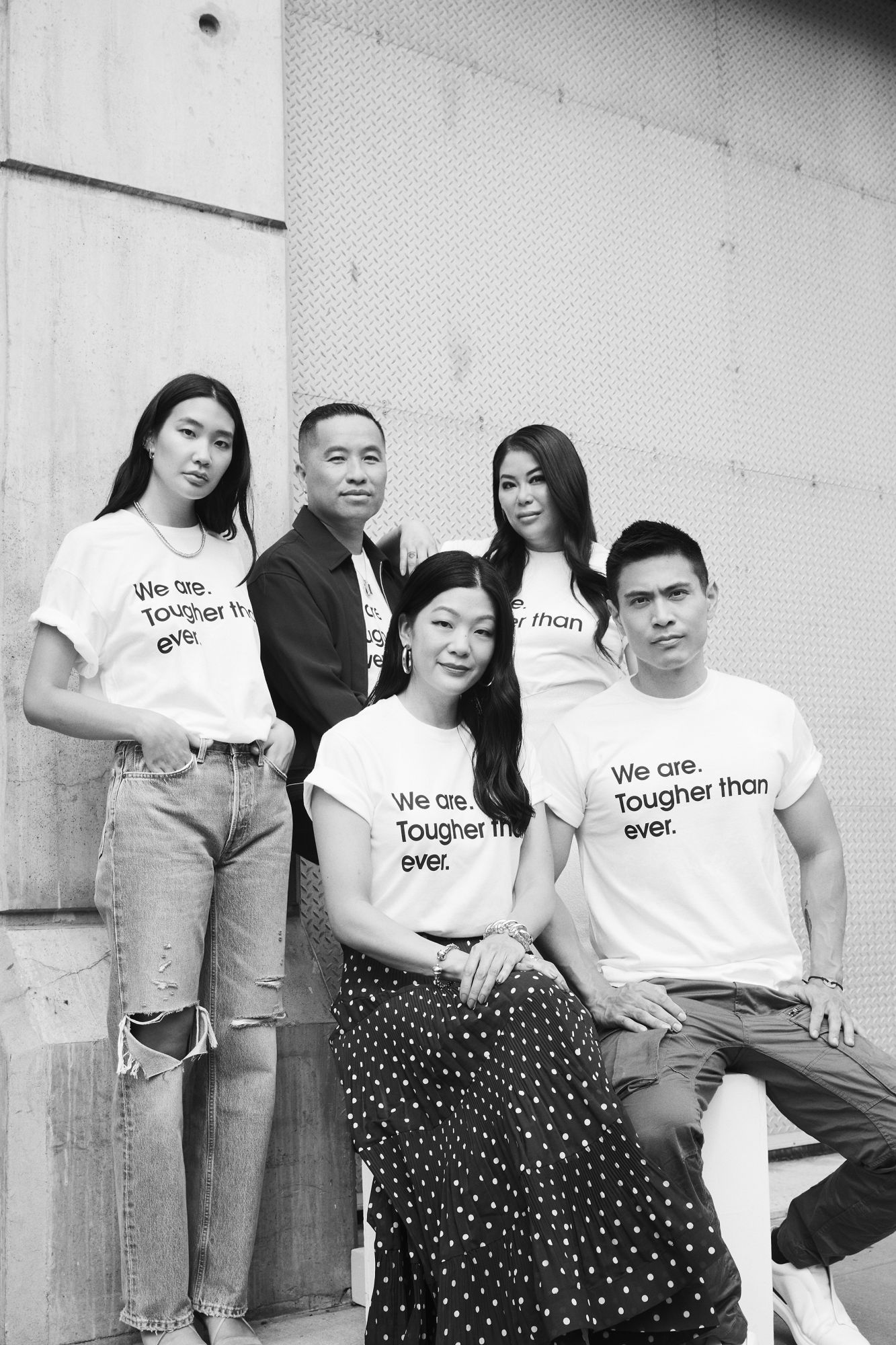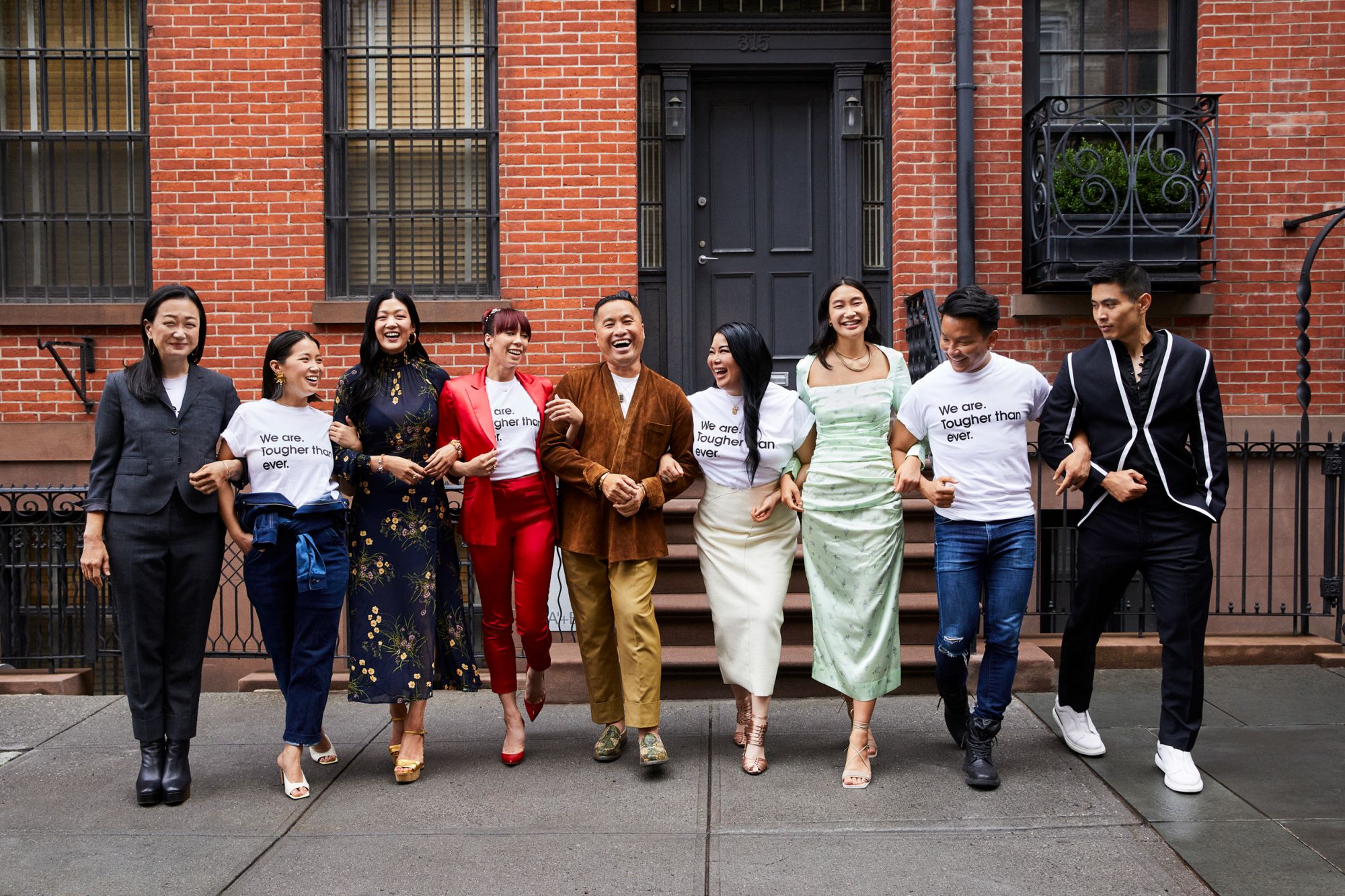The Seoul-born influencer says her current home New York City is still a place where being Asian means being ‘inherently othered’
As part of the reporting for Tatler’s August cover story, we speak to Laura Jung, an influencer based in New York City, who reveals stories untold and what really happens behind the pretty social media feeds.

Being a social media influencer almost always means your face is your brand. While this career seems to offer excitement and prestige, Laura Jung says her line of work isn’t always as glamorous as her social media posts might suggest, and that some people see her public platform as a justifiable outlet for abuse. “I get really offensive direct messages sent to me whenever I post outspokenly on racism in America,” she says. “Living in New York affords people of colour many opportunities and privileges but it is not a place where racism doesn’t exist. It is still American society and still a place where being Asian means being inherently othered.”
Born in Boston and raised in Seoul, South Korea, until she returned to the US for university, Jung was long under the impression that America was a utopia of diversity and freedom. However, she came to realise that “while that may be true in many aspects comparatively, to put it bluntly, America is founded on violence, racial inequality and the pillaging of Black, Brown and Native bodies,” she says. “The systems in place benefit certain groups of people and severely limit others. It’s only natural that racism and equality is deeply embedded in everyday, micro-interactions.” When she first arrived in New York for college, it took her some time to re-evaluate her Asian American identity in a city with such a range of cultures. “There’s nothing more powerful and more pivotal in your self-awareness and assuredness than living in a place where everyone looks like you,” she says—and so being subjected to Asian hate was something of an awakening. “My Asianness and otherness became so apparent that it made me question everything I knew about my Asian identity, for it had only existed within the confines of an Asian society.”


